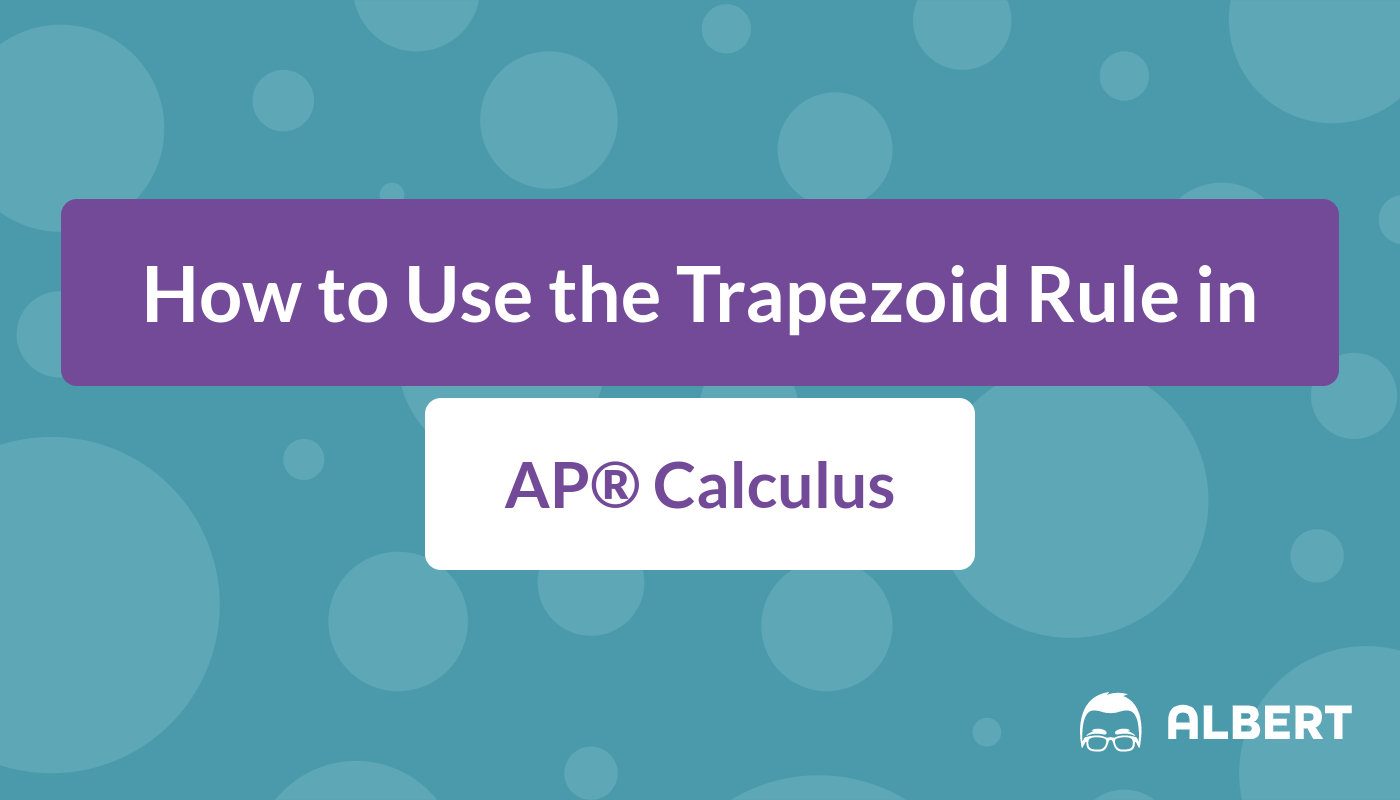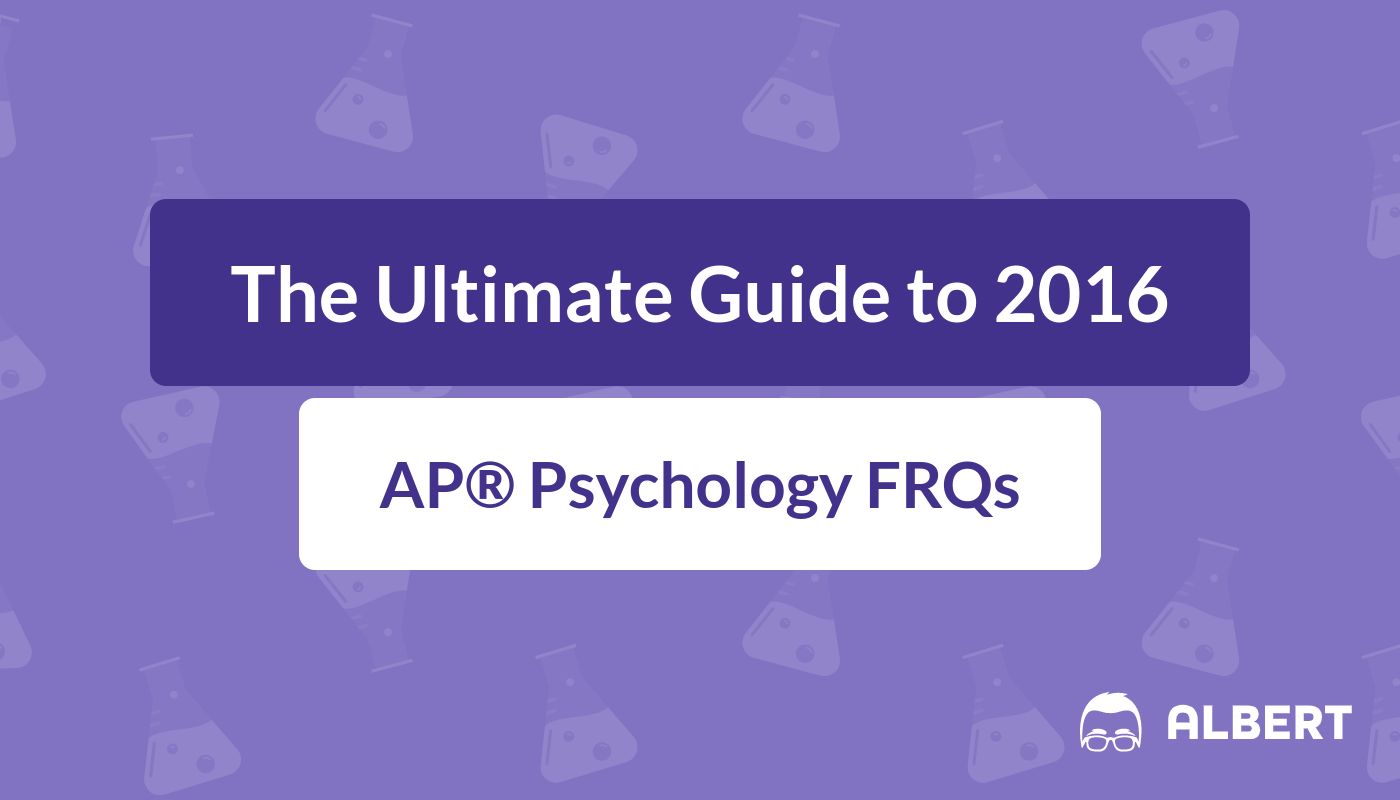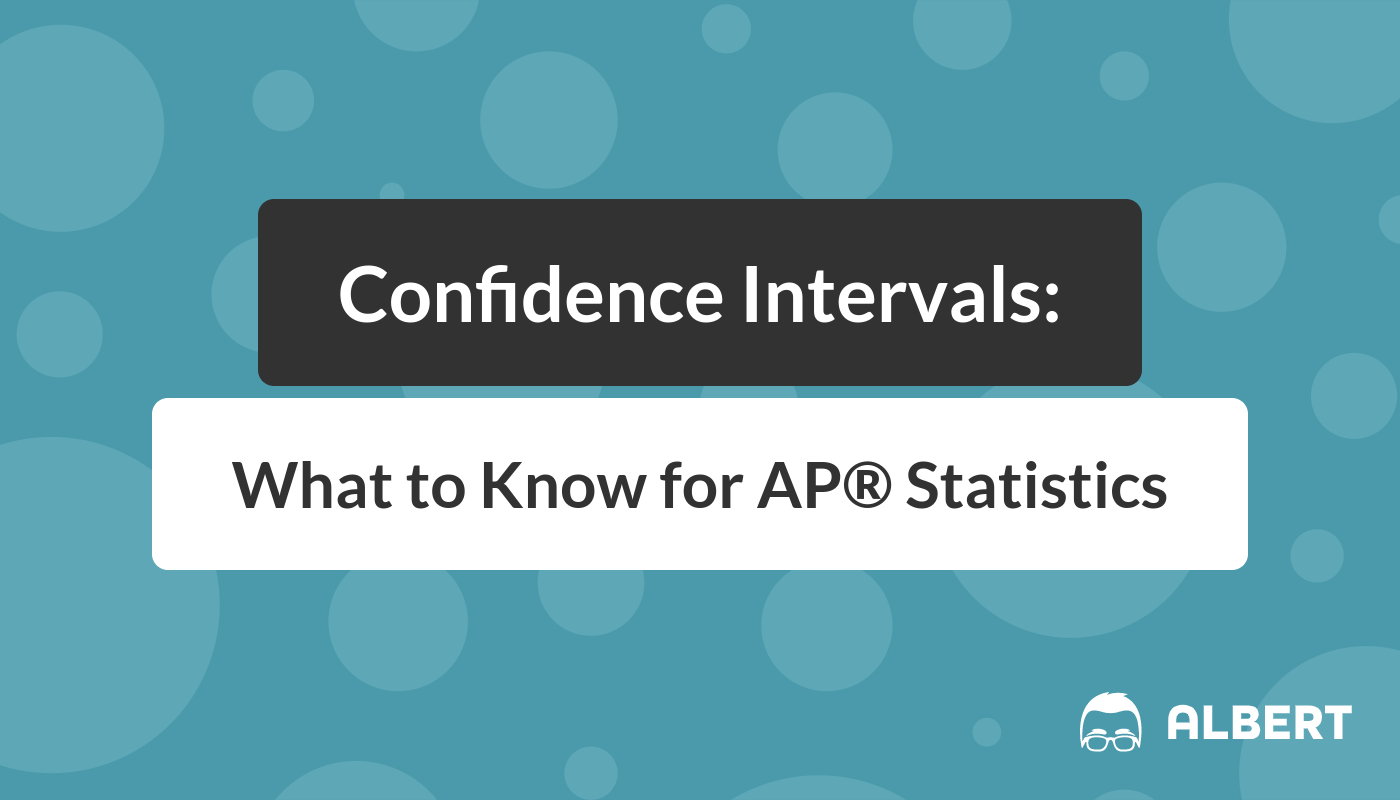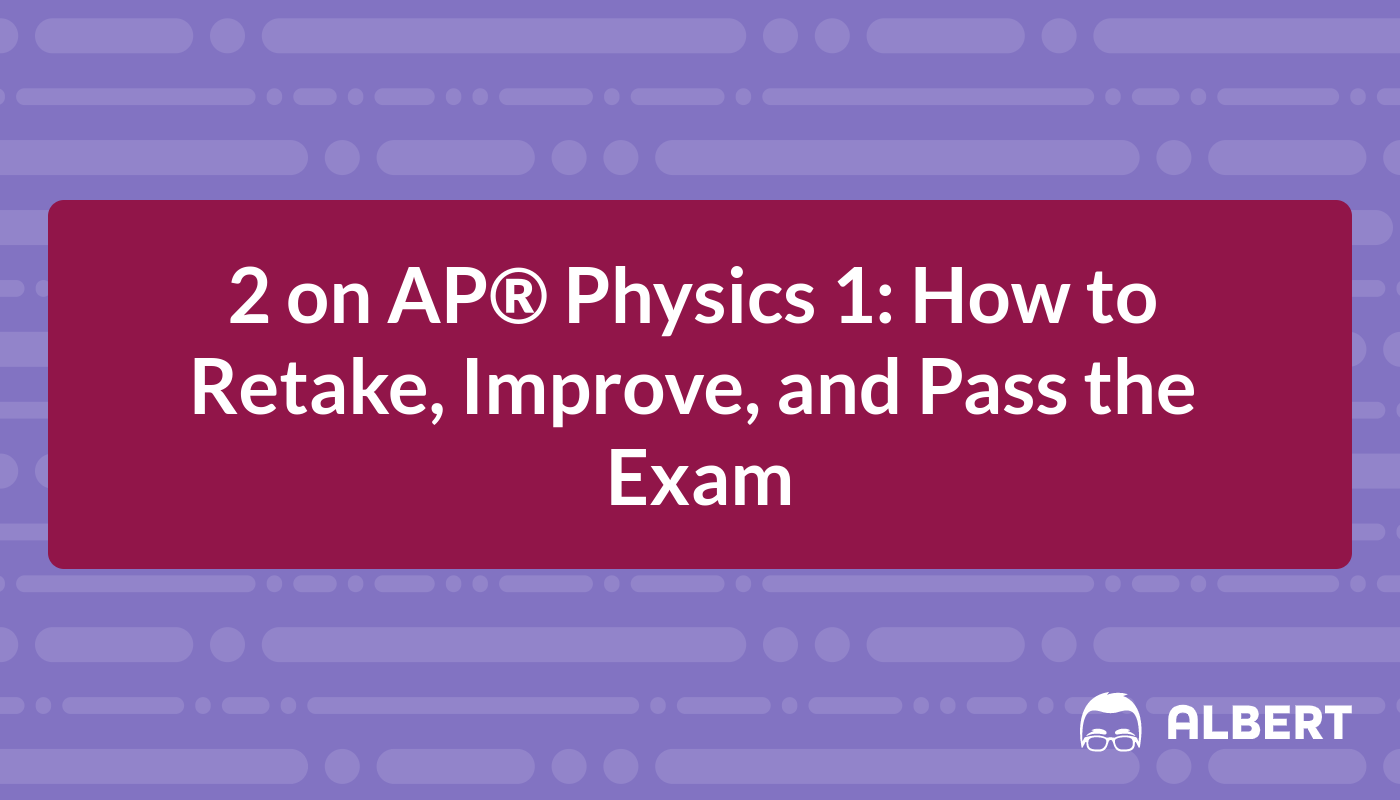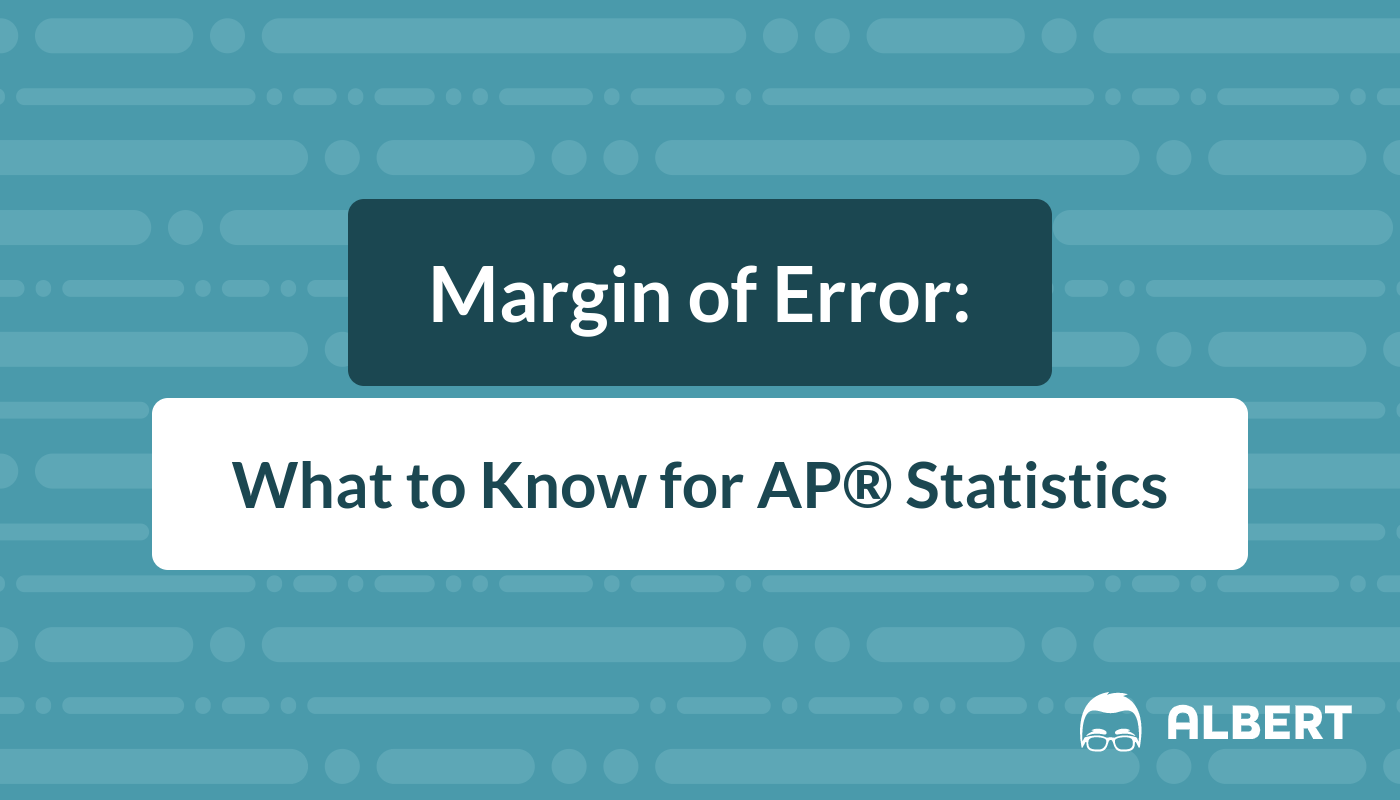How to Avoid Careless Mistakes on GMAT Verbal
Has there ever been a time when you were positive that you got certain answers right on a test, only to find out that you got them wrong? Of course you have! It happens to all of us. As common as this is, that doesn’t make it any less frustrating to lose points over questions that you clearly knew how to answer.


